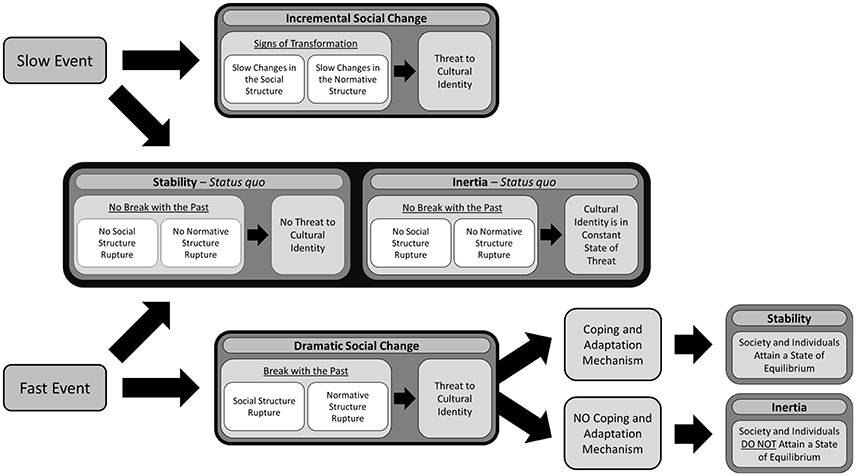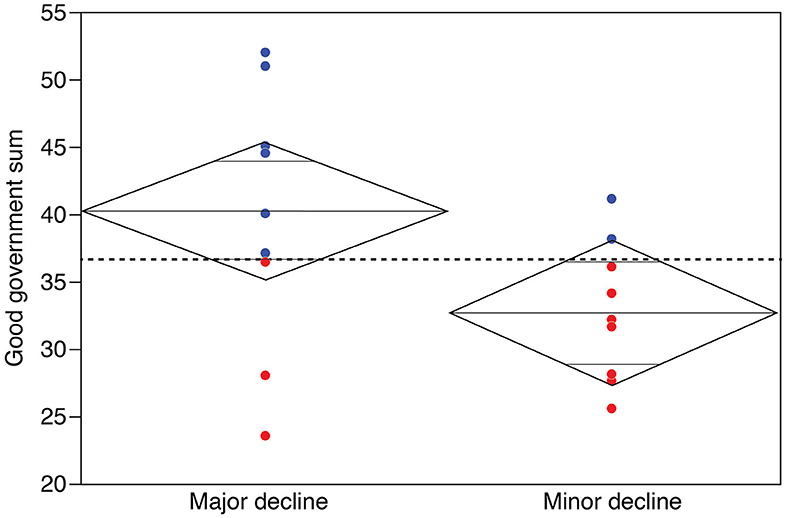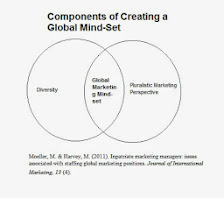Some interesting stuff below in terms of the State's ability to figure out its next step. I'm in favor of bi-partisan legislature when a wide group of stakeholders will benefit. While sometimes its necessary debate/argue key points much of what has been provided here makes sense. There is something called the the Michigan Infrastructure Council below. The more we know of what is going on in the state the more we are informed of the decision making process and its best outcomes.
Budgets includes $500 million deposit into rainy day fund, grows workforce development programs, expands childcare, builds up bridges and water infrastructure
LANSING, Mich. - Governor Gretchen Whitmer celebrates bipartisan budget agreement as the legislature moves budget bills for Fiscal Year 2022, which begins on October 1. She plans to sign the bipartisan budget into law before the end of the month. The budget provides strong investments for the state's economy, enhances childcare for Michigan's working families, invests in education and the skills needed for Michigan's workforce, protects our health, prioritizes cleaning up our water and environment, and rebuilds our infrastructure and crumbling bridges.
The General Fund budget will total $11.8 billion, and when combined with the already signed School Aid Budget of $17.0 billion ($2 billion from federal sources), the full budget will provide $26.8 billion in state spending. With federal funding and other restricted revenues included, the full budget will total just under $70 billion. In July, Gov. Whitmer signed the School Aid budget, providing historic investments in K-12 education and increasing access to preschool, marking the end of a 27-year journey to close the funding gap between school districts.
"I am thrilled that the legislature and I were able to come together to agree on a bipartisan budget. Our collaboration is a testament to what's possible when we work together and put our families, communities, and small businesses first," said Governor Whitmer. "The budget will make the biggest-ever one-time deposit into our rainy day fund, repair or replace nearly 100 bridges, expand childcare to 105,000 kids at low or no-cost, replace lead service lines, permanently raise pay for direct care workers, and do so, so much more. I look forward to continuing in the spirit of collaboration to spend the billions in federal dollars we have available to us from the American Rescue Plan and the billions more we are expected to receive from the bipartisan federal infrastructure bill. When we come together, we are capable of making incredible progress and I am proud that we got this done."
"I am proud of this budget and the collaboration with the legislature to create a spending plan centered on transformational investments that will drive Michigan's continued recovery," said State Budget Director David Massaron. "This budget is going to help Michigan emerge as an even stronger state and it provides the type of investments that will foster real and lasting improvements to support Michigan's families and businesses."
The budget will provide a series of investments to help Michigan's economy, including lowering the costs and expanding the access of childcare for working families. The funding plan includes:
- $108.1 million that makes 105,000 more children eligible for child care by increasing income eligibility to 185 percent of the federal poverty level through fiscal year 2023, then 160 percent ongoing in the following fiscal years.
- $13 million to waive parent copays for childcare through fiscal year 2022.
- $158 million for an ongoing 30 percent rate increase for childcare providers, with an additional $222 million for a temporary rate increase.
- $117.4 million to pay for enrollment in childcare through fiscal year 2023.
- $36.5 million over 3 years to expand the number of childcare spaces for infants and toddlers.
- $700.7 million for stabilization grants and another $100 million for startup grants for childcare providers, including technical assistance and facility improvements.
- $30 million for a one-time $1,000 bonus for childcare staff.
- $100 million for community revitalization and placemaking grants to support economic development in local communities.
"This relief is coming not a moment too soon - today's budget will be a lifeline to the child care providers who were struggling to make ends meet even before the pandemic," said Annemarie Valdez, President of First Steps Kent. "These funds will make it possible to stabilize not only the child care industry, but will help bring Michigan parents back into the workforce, which will in turn alleviate pressures on our economy overall. Thanks to the Governor and State legislators for negotiating a deal that puts families first."
The budget will also provide direct support for education and skills training to help address the skills gap and provide Michigan employers with the talent needed to move the economy forward. Investments will include:
- $55 million for the Reconnect program to provide a tuition-free pathway to an in-demand industry certificate or associate degree for Michigan adults age 25 and older to help Michiganders get the skills they need to compete for a good-paying, in-demand job.
- $25 million for the Futures for Frontliners scholarship program that pays for frontline workers to attend local community college tuition-free.
- $40 million for the Going Pro program to expand employer-based training grants that result in industry-recognized credentials and certificates to help raise wages for workers and help employers fill job openings.
- $6 million for wraparound supports for Reconnect or Futures for Frontliners to remove barriers to degree completion.
- $8 million for pre-apprenticeship/apprenticeship training programs that will expand Michigan's talent pool in the construction and building trades.
- $1 million for Focus: HOPE to support workforce development, youth development, and community empowerment and advocacy programs.
- Increased base funding of 1 percent for operations at universities and community colleges, with a one-time 4% increase in funds to help keep tuition costs down.
"Michigan is ready to work, and we have good-paying jobs in the skilled trades that need to be filled,' said Cheryl Sanford, CEO of the Michigan AFL-CIO Workforce Development Institute. "This budget's use of resources to help provide apprenticeship readiness programming helps close that skills gap, connects those in hardship with access to opportunity, and ultimately builds financial sustainability for working families across Michigan."
"The resources provided in this budget for Michigan Reconnect and Futures for Frontliners are vital for Michigan's community colleges and their role in moving our state forward," said Steve Robinson, Ph.D., President of Lansing Community College.
The budget will also make strong investments in the state's infrastructure to provide additional resources necessary to make needed repairs and replacements, including:
- $196 million for local bridge bundling to repair or replace nearly 100 crumbling bridges in serious and critical condition.
- $14.3 million to help local governments prepare for climate change and extreme weather, including flooding and coastal erosion.
- $19 million for dam repairs and replacements to mitigate flooding and hazards caused by dam malfunction.
- $3 million for the Michigan Infrastructure Council.
"Investing in infrastructure just makes sense for Michigan," said Tom Lutz, Executive Secretary-Treasure of the Michigan Regional Council of Carpenters and Millwrights. "I applaud Governor Whitmer and the Legislature for coming together on a budget that will fix our long-crumbling bridges, roads and other critical infrastructure with a plan that will create jobs and put hard working men and women to work all across this state."
The budget will also fund key initiatives centered on the health of Michigan families, including:
- $460 million to give a permanent $2.35/hour raise to direct care workers who take care of our most vulnerable in nursing homes and beyond.
- $7.4 million to expand the Infant Home Visiting program for evidence-based home visiting services to at-risk families with infants born with substance exposure.
- $19.1 million for the MiChoice program expansion to provide alternatives to nursing home care and allow seniors to stay in their homes (increase of 1,000 slots).
- $6.7 million for the Sickle Cell Disease Initiative to cover the cost of treatment to around 400 adults and increase outreach and clinical capacity supporting the estimated 4,000 Michigan residents living with sickle cell disease, which disproportionately affects Black people.
- $8.4 million to reduce health disparities and expand the use of community-based navigators to enhance access to health coverage, and improve screening, data sharing and interoperability of existing data systems through the Michigan Health Information Network.
- $5 million for a pilot program to bring down utility bills for families by improving home weatherization and energy efficiency.
"Our direct care workers work hard every day, but have especially gone above and beyond over the past year," said Robert Stein, Michigan Assisted Living Association. "We thank Gov. Whitmer for recognizing the value of direct care workers and supporting a wage increase."
"The Sickle Cell Disease Association of Michigan (SCDAM) thanks Governor Whitmer for her leadership in the fight to address health care disparities," said Dr. Wanda Whitten-Shurney, CEO/Medical Director of the Sickle Cell Disease Association of America, Michigan Chapter. "ASCDAM sits at the forefront of creating real systematic change in the care of individuals living with sickle cell disease. This much needed increase in funding will be instrumental in helping to improve the quality of life for patients across the state."
The budget also focuses on the need to invest in our water and environment, including:
- $10 million to continue the replacement of lead service lines in Benton Harbor to provide access to safe drinking water.
- $15 million for the Emergency Drinking Water Fund to help the state address drinking water emergencies.
- $14 million to address PFAS and another $22 million to clean up contaminated sites across the state.
- $25 million to clean up the Western Lake Erie Basin by reducing phosphorus levels.
- $10 million for the Lead Poisoning Prevention Fund to help eliminate lead poisoning in homes by injecting private capital into lead remediation efforts.
- $5 million for the State Facility Green Revolving Fund which is a catalyst for energy efficiency and renewable energy projects at state facilities, helping reduce the state's carbon footprint and save taxpayer dollars.
"This first round of funding for clean, efficient energy and safe drinking water includes a number of new, innovative initiatives and is a down payment on the significant costs we will have to pay to clean up contaminated sites across our state and protect our water," said Nick Occhipinti, government affairs director for Michigan League of Conservation Voters. "Safe and clean drinking water is not a partisan issue, and we look forward to continuing to work with lawmakers and the Governor to ensure protecting our water and our health are priorities in the final budget and in upcoming investments our state will make with federal recovery aid."
The safety of Michigan residents is also prioritized in this budget, with $7.3 million in increased funding to hire and train new corrections officers for the state's prison system, and more than $800,000 in new funding for wellness initiatives for corrections employees.
Department of State Police investments include $3.8 million to expand the use of body cameras, $4.5 million for a professional development and training effort, $7.7 million for a trooper recruit school, $2.5 million for breathalyzer test replacements, and a $2 million increase in secondary road patrol grants.
The budget also provides $16 million for 911 system upgrades and $5 million to support local efforts to expand recruitment, improve training, and provide additional professional development to first responders.
Funding is also provided to improve and enhance technology systems across state government with $17.5 million in increased funding for the state's information technology investment fund. Another $20 million is provided to protect state information technology systems from advanced persistent cyber threats to help ensure data doesn't get into the wrong hands.
A two percent increase is provided for statutory revenue sharing payments to cities, villages, townships, and counties, and Constitutional Revenue Sharing is adjusted to reflect higher-than-expected sales tax revenues due to Michigan's strong economic recovery. This is an increase of $71 million to local communities across the state to help fund police, fire and public safety.
The budget will also deposit $500 million into the Budget Stabilization Fund, bringing the total fund balance to nearly $1.4 billion, representing the largest rainy day fund balance in state history.








